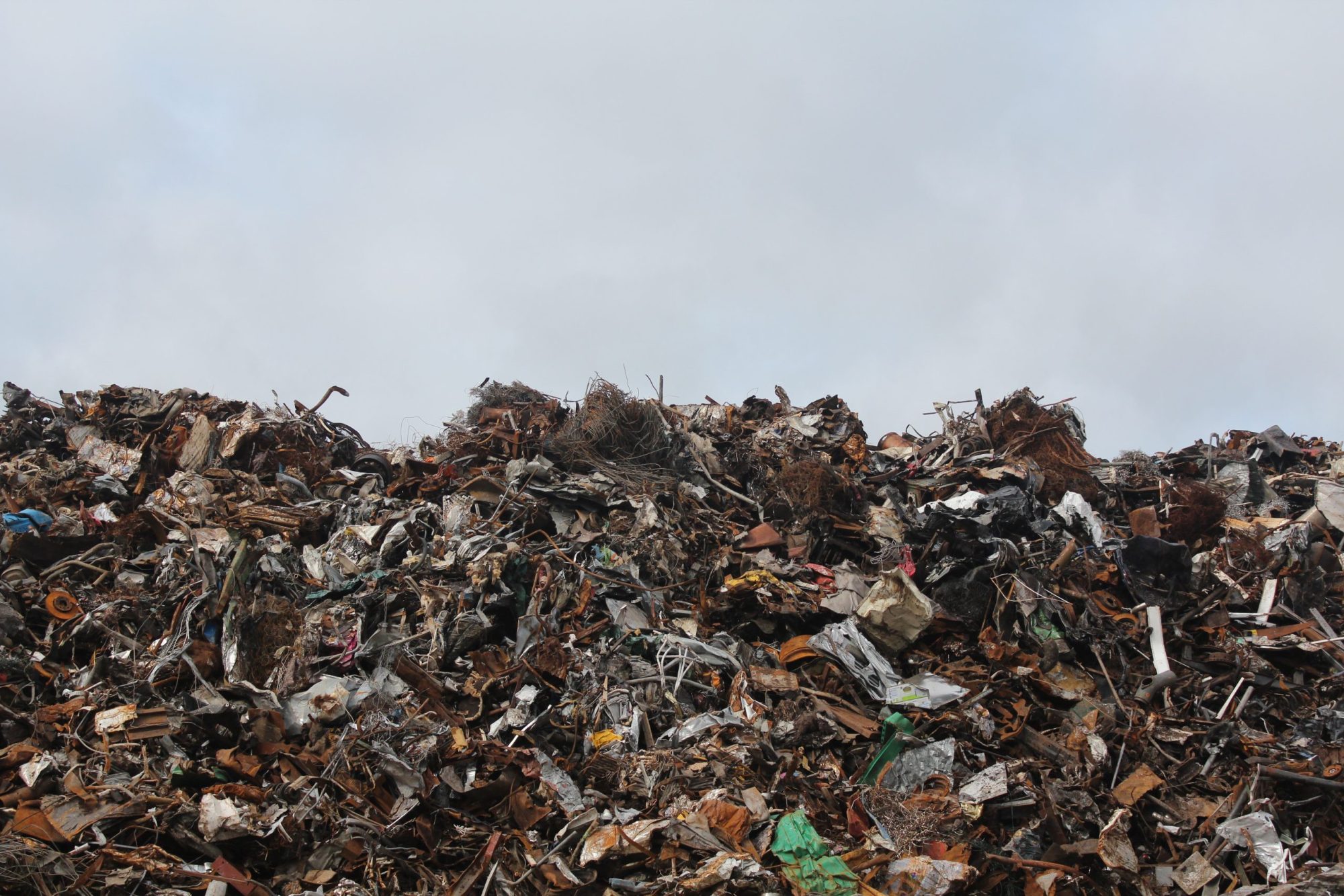
How Can We Divert More Waste From Landfill?
It’s estimated that here in the UK, each year, we send over 770,000 double-decker buses full of waste to landfill. Of course, exactly how much waste that amounts to is difficult to get your head around, but I think you can tell instantly that it’s a lot.
One of the most important things we can do, as both businesses and individuals, is do our bit to try and divert as much waste from landfill as possible, which is why, this month, the Brown Recycling team will be going over some tips to help you do just that.

Recycling
Recycling is so ingrained into our culture now that this is probably something that you don’t need reminding about, but it’s so important that we’re going to do it anyway. It’s estimated that around 80% of the waste that we throw away could be recycled. Think about it: do you really recycle 80% of the waste that you throw away? Almost definitely not, which is why it’s important to keep spreading the message!
Upcycling
Many people get confused about the differences between upcycling and recycling, so we will clear all of that up here for you! Where recycling is about disposing of your waste in a way that it can be broken down and repurposed for something else, upcycling is about taking something that is still in its original form but no longer used, and then turning it into something else.
A classic example of upcycling is taking an old t-shirt and making it a cleaning rag. Nothing about the t-shirt has changed, really, it’s just that now it’s used for something completely different!
Sharing
The sharing economy has boomed over the past decade, and while many of us have probably been involved with it in some way or another, you may not really know about it explicitly. Whether it’s sharing everyday items on sites like Gumtree or sharing food that you no longer want on OLIO, sharing goods with people in your community is the perfect way to divert waste from landfill because it allows us to give life to things that we personally no longer need.
Sharing doesn’t have to just mean giving things that we no longer need to other people, though. Sharing could also mean choosing not to get something in the first place. For example, you could share a car with your partner, or you could share a lawnmower with your neighbour. Essentially, the goal is to have less products out there overall, so there are less products that ultimately become neglected and end up in landfill.
Repairing
Repair and maintenance aren’t exactly new ideas, but that doesn’t mean that, as consumers, we always take them into consideration. It’s often the case that, once something we own breaks, we immediately start looking at a newer model to replace it. This is fairly normal consumer behaviour, but it’s not ideal if we’re looking to divert as much waste from landfill as possible. By choosing to repair products that we own as much as possible, we can extend their usable life considerably, meaning that, in the end, fewer products will end up in landfill.
Brown Recycling are Stoke-on-Trent’s leading waste management company. Whether you’re a domestic or commercial customer, we can help you divert more waste from landfill. All you have to do is get in touch and let us know about your project, and we will do what we can to assist.
This website uses cookies to enhance your browsing experience and deliver personalised ads. By clicking “Accept All Cookies”, you agree to the storing of cookies on your device to enhance site navigation, analyse site usage, and assist in our marketing efforts.



